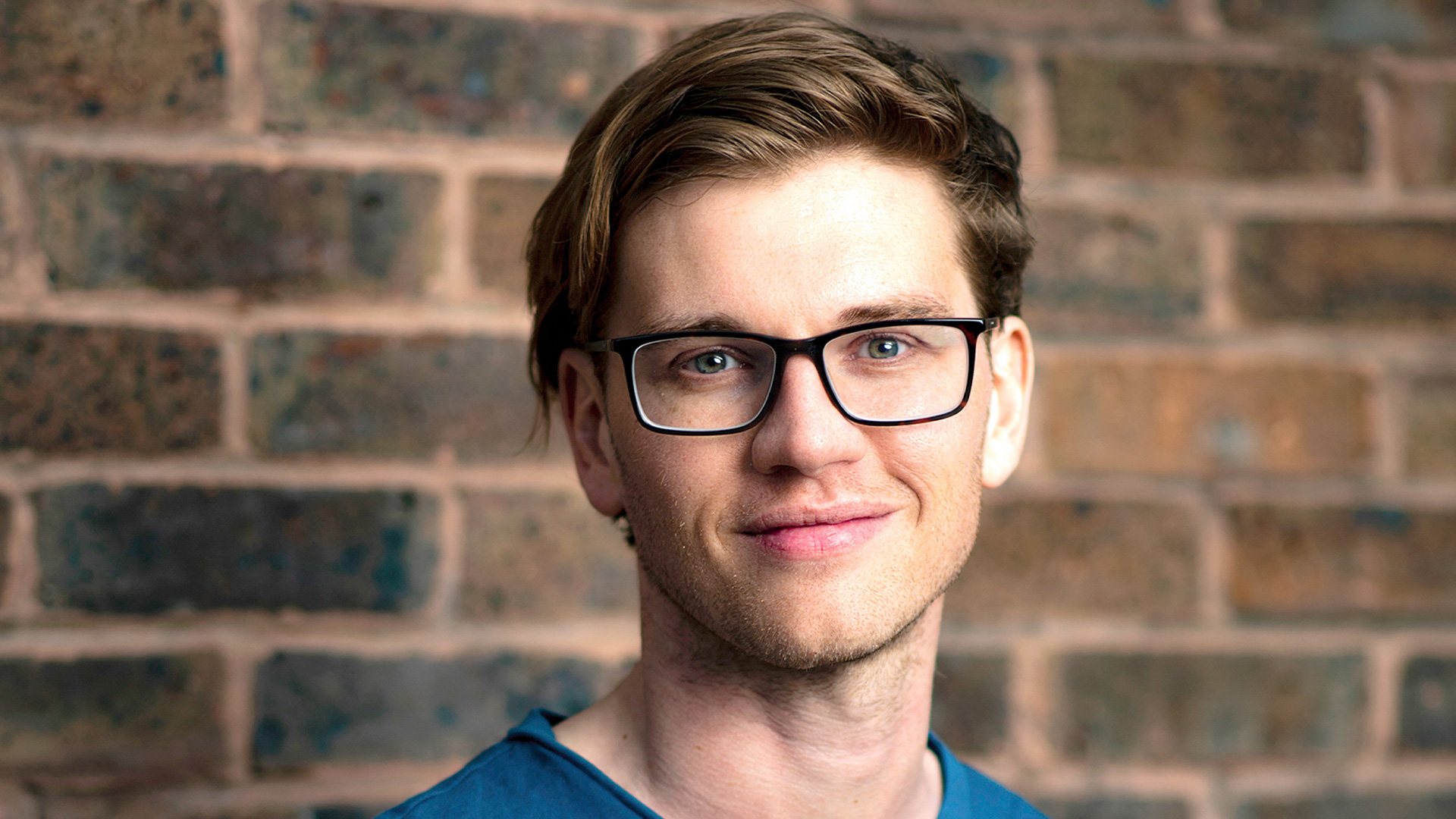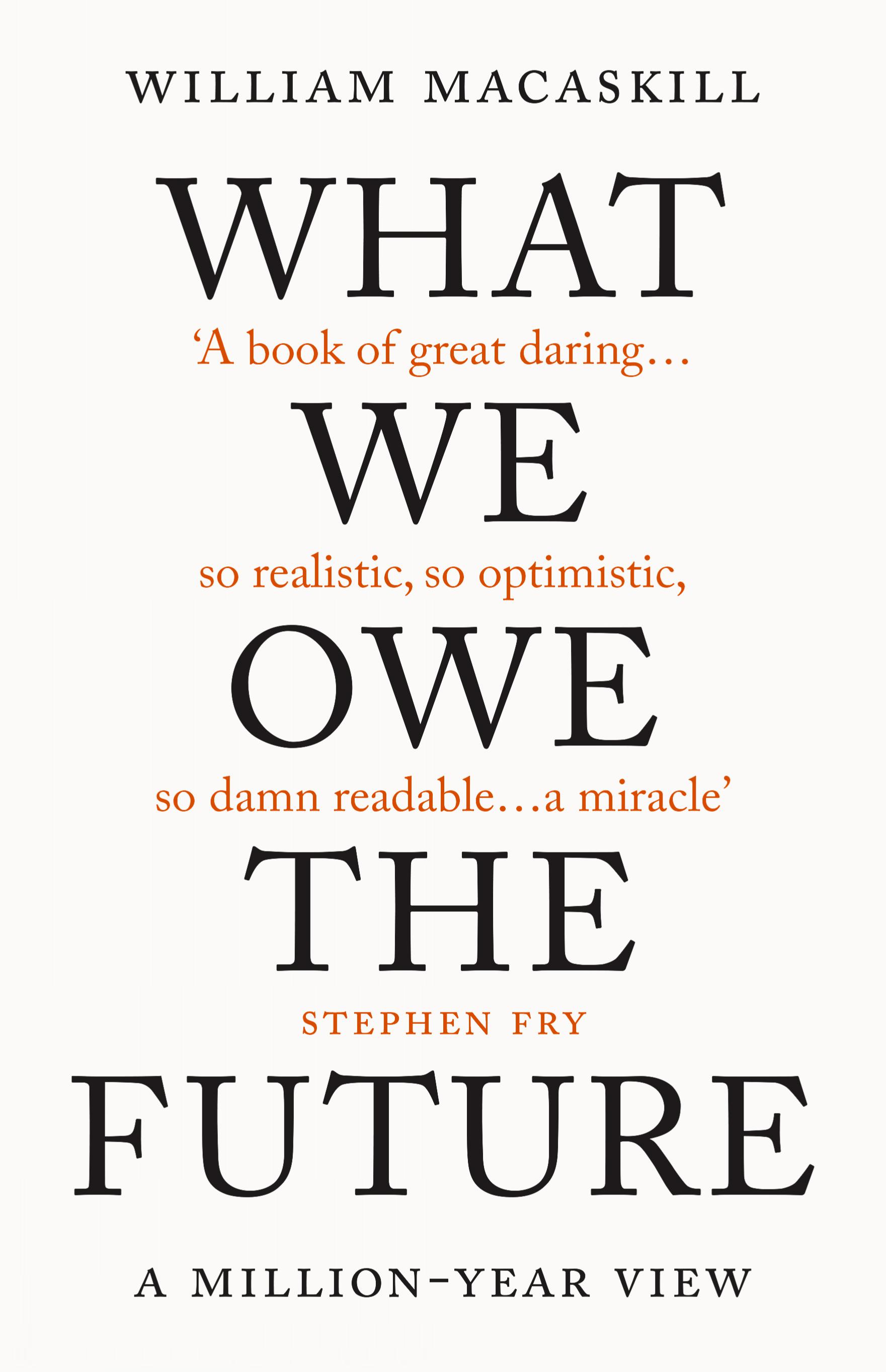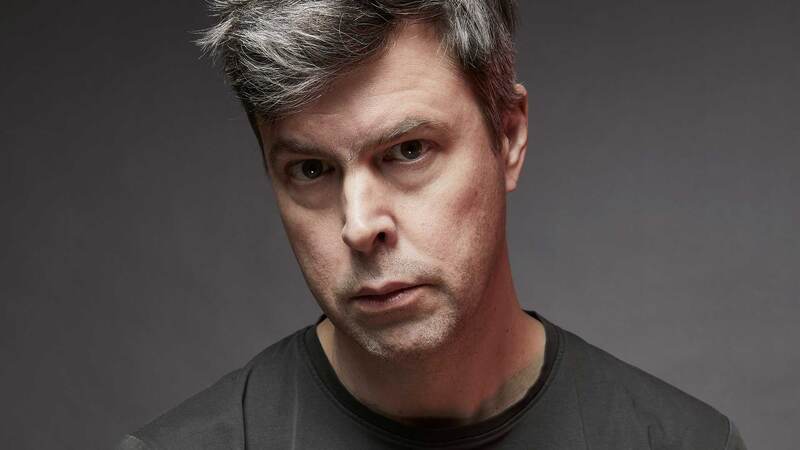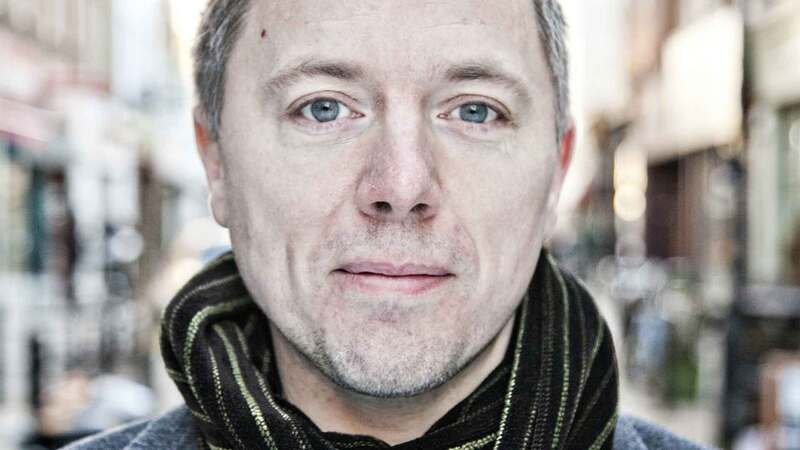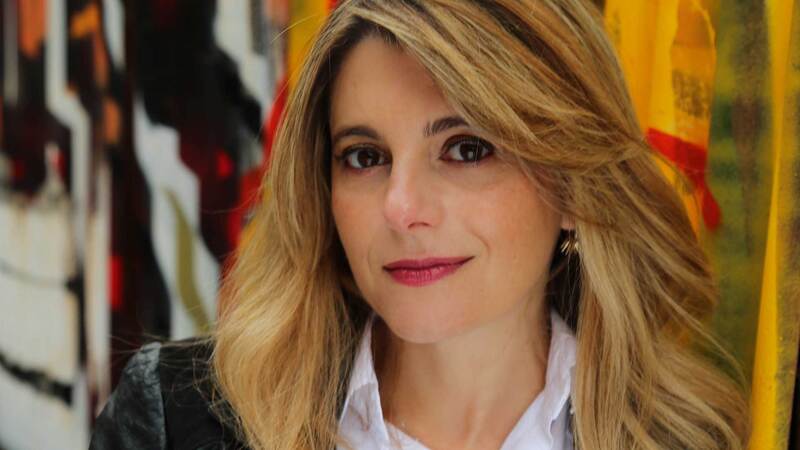You are viewing your 1 free article this month. Login to read more articles.
William MacAskill on influencing the lives of future generations
 Caroline Sanderson
Caroline SandersonCaroline Sanderson is a non-fiction writer, editor and books journalist. Her books include a travel narrative, A Rambling Fancy: in the F ...more
In an ambitious new book, moral philosopher William MacAskill argues that positively influencing the lives of future generations is a key priority of our time.

Caroline Sanderson is a non-fiction writer, editor and books journalist. Her books include a travel narrative, A Rambling Fancy: in the F ...more
How does morality change when we consider all the people who have not yet been born? That is the question posed by What We Owe the Future: A Million-Year View by William MacAskill, associate professor of philosophy at Oxford. A leading light in the effective altruism movement (which advocates using evidence and reason to work out how to best benefit others), he is lauded by the likes of Steven Pinker and Bill Gates as one of the most important moral philosophers alive. Won after a hotly contested auction, What We Owe the Future—a superlead title for Oneworld—argues for longtermism, the idea that positively influencing the distant future is a key moral priority of our time.
I was trying to both push the intellectual frontier forward in a way that would be taken seriously by academics, and at the same time make the book understandable for a wide audience
Stephen Fry calls What We Owe the Future “a book of great daring”, while Rutger Bregman dubs its publication “a monumental event”. When we meet over Zoom, I ask MacAskill why he believes his academic field provides such an effective vehicle for helping us think about the future. “Moral philosophy addresses a big spectrum of questions such as: what ought we to do? What does a good life look like?, and even: is there such as thing as morality? My own work lies at the coalface of decision-making because ultimately I want to try and make the world a better place. I think that’s something philosophy is particularly suited to doing because it can look at the big picture in a way that other disciplines are less able to do.” And that big picture is very big indeed, for, argues MacAskill, the sheer scale of future generations is often under-appreciated. If humanity endures for as long as the typical mammalian species—that is, one million years—and if the human population continues at its current size, there will be 80 trillion people yet to come. In other words, future people will outnumber us by ten thousand to one.
With the backing of a research team, the now 35-year-old MacAskill began working on What We Owe the Future in 2017, and wrote it full-time from 2020, though it builds on more than 10 years of work. Aside from the challenge of writing and fact-checking a work of such scope, it took MacAskill a long time to find the right pitch. “I was trying to both push the intellectual frontier forward in a way that would be taken seriously by academics, and at the same time make the book understandable for a wide audience.” He laughs. “That turned out to be very hard to do!” The overall structure he arrived at divides the ways in which we can impact the longterm future into two main strands. The first looks at the ways in which we can ensure humanity’s survival by averting permanent catastrophes. The second looks at how we can affect the value of human civilisation to come, that is, how well or badly life goes for future generations.
Offering solutions
What We Owe the Future is a hugely ambitious book but also an audacious and exhilarating one. And it’s practical too, giving concrete advice on what we can all do to help bring about a better future. For MacAskill’s prodigious reputation—at 28 he became the youngest tenured philosophy professor in the world—has been built not just on intellectual theory, but on putting thought into action through social enterprise. In 2009, he co-founded Giving What We Can, a global community of effective givers, and then in 2011, 80,000 Hours, a not-for-profit organisation which provides research and advice on how you can best make a difference throughout the course of a career (which typically lasts 80k hours). “Since then it’s been a progressive whirlwind where these ideas have gotten more and more traction. There are now thousands of people, maybe tens of thousands of people, building the idea of effective altruism into their lives.” MacAskill practises what he preaches, giving away a third of his salary. And 100% of the book proceeds will go to the Effective Altruism Fund.
MacAskill traces his interest in ideas, and desire to make the world a better place, back to his childhood in Scotland. “I think I realised I wanted to be a philosopher almost as soon as I learned what the word meant. When I took my first job I already knew I wanted to do something purposeful so I worked as a carer at an old people’s home and did voluntary work with young people in Glasgow.” After studying philosophy at Cambridge, MacAskill began graduate study at Oxford where he became increasingly convinced by the argument that we have a moral obligation to use as much of our resources as we can to save and improve people’s lives.
Climate change is hugely important, and I think the war in Ukraine does increase the chances of a third world war in our lifetime which would of course have an enormous negative longterm impact
I put it to MacAskill that the grave challenges facing humanity right here, right now, make it harder for us to look far enough ahead to embrace longtermism. “It’s certainly a challenge; it’s very natural for our attention to be taken by the most salient things in the news. Climate change is hugely important, and I think the war in Ukraine does increase the chances of a third world war in our lifetime which would of course have an enormous negative longterm impact. But one lesson we can draw from the Covid-19 pandemic is the importance of foresight, because a pandemic had long been foreseen. If that had been more widely-known we would have taken much greater protections and I think we could have avoided it. So just because something isn’t bothering us day-to-day right now, doesn’t mean we shouldn’t start taking action to prevent it in future.” MacAskill finds optimism in the expertise now being focused on safeguarding AI from manipulation to totalitarian ends (perhaps the most pressing concern for longtermism right now, he says), and in new technologies which have the potential to make pandemics, and indeed all infectious diseases, a thing of the past.
Whether he’s arguing that having children is on balance a positive thing to do for the planet’s future, or encouraging us to make effective career choices, MacAskill is never less than compelling, and What We Owe the Future is set to be much discussed. As part of a major PR campaign orchestrated by Riot Communications, a number of future-focused fiction writers are being commissioned to write their own visions of what a happy future might be like.
And this feels entirely appropriate. Because actively imagining the lives of future generations is also crucial in “making their interests more salient to us”, as MacAskill puts it. “Throughout history, fiction has been a way of expanding the moral imagination: Uncle Tom’s Cabin was enormously important in getting people in the US to sympathise with the plight of the enslaved for example. And I think fiction is doubly important when it comes to issues that impact the future: Nineteen Eighty-Four and The Handmaid’s Tale are crucial works of fiction in showing how very bad things might get. But it’s much rarer in fiction to show how very good things could be.” A QR code in the book will take readers to a short vision of how MacAskill himself has pictured the future.
Extract
This book is about longtermism: the idea that positively influencing the longterm future is a key moral priority of our time. Longtermism is about taking seriously just how big the future could be, and how high the stakes are in shaping it. If humanity survives to even a fraction of our potential lifespan, then, strange as it may seem, we are the ancients: we live at the very beginning of history, in the most distant past. What we do now will affect untold numbers of future people. We need to act wisely.
One of MacAskill’s analogies that I particularly like is this one. History, he says, is like molten glass. “When you’re glass-blowing and the glass is hot, you can shape it in many different ways. It could be beautiful or deformed. But then when the glass cools, it’s set and you can no longer change it. And I think we’re at that molten glass point right now”.





